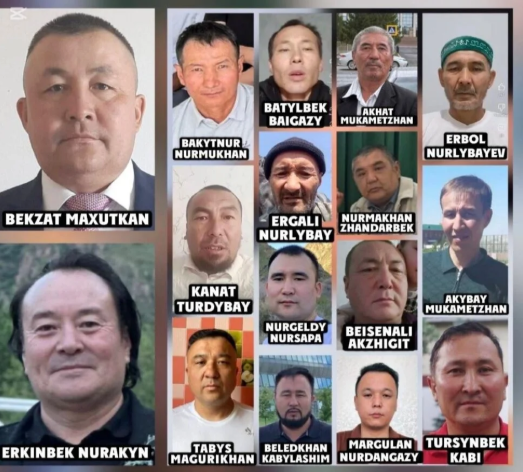Amnesty International condemns Burundi President for persistent repression of human rights
- info775148
- 22. 8. 2024
- Minut čtení: 2
By Arnav Laroia | The West Bengal National U. of Juridical Sciences, IN
August 22, 2024

Credits @FFHR.CZ
Amnesty International (AI) released a briefing on Wednesday highlighting the ongoing repression against human rights under Evariste Ndayishimiye’s presidency in Burundi.
The briefing released by AI, titled “Burundi: Rhetoric versus Reality; Repression of Civil Society Continues Under President Ndayishimiye’s Government,” details the ongoing suppression of Burundi’s civic space, particularly against journalists, activists for human rights, as well as supporters of political opposition, who, in accordance with the findings of the briefing, continue to be subjected to violence, intimidation, unjust detentions, and arbitrary criminal proceedings.
According to the briefing, there has been no significant change in the government’s approach. It emphasizes that although there were initial indications of possible restrictions being loosened, such as the release of some activists and journalists who were imprisoned, these actions did not result in a more comprehensive improvement regarding the way civil society is treated. The report features particular cases, such as Floriane Irangabiye, who was sentenced to ten years in prison for remarks she made during an online debate. It also features the arrest of five rights activists in early 2023 on charges of rebellion and undermining state security, with varying results in their legal cases.
According to Human Rights Watch, hundreds of individuals have been killed since Ndayishimiye established government, either by Burundian security forces or members of the governing party’s renowned youth league, or by unknown attackers. The briefing contends that there has been no improvement in the dire situation of civic space that exists due to the strict grip on dissent maintained by the government, with recent incidents including the arrest of individuals attending workshops and the shutdown of NGO press conferences.
Burundi’s civic situation has deteriorated significantly since the 2015 protests against Nkurunziza after his ruling party announced his candidacy for a third term, which many viewed as a violation of the constitution and the Arusha Peace and Reconciliation Agreement that ended the civil war, primarily between Hutu rebel groups and Tutsi-dominated governments. The protests, initially peaceful, quickly escalated into violent confrontations as police responded with excessive force. Following a failed coup attempt in May 2015, the government intensified its crackdown on dissent, targeting activists, journalists, and opposition members, leading to widespread repression.
Source: jurist.org









Komentáře